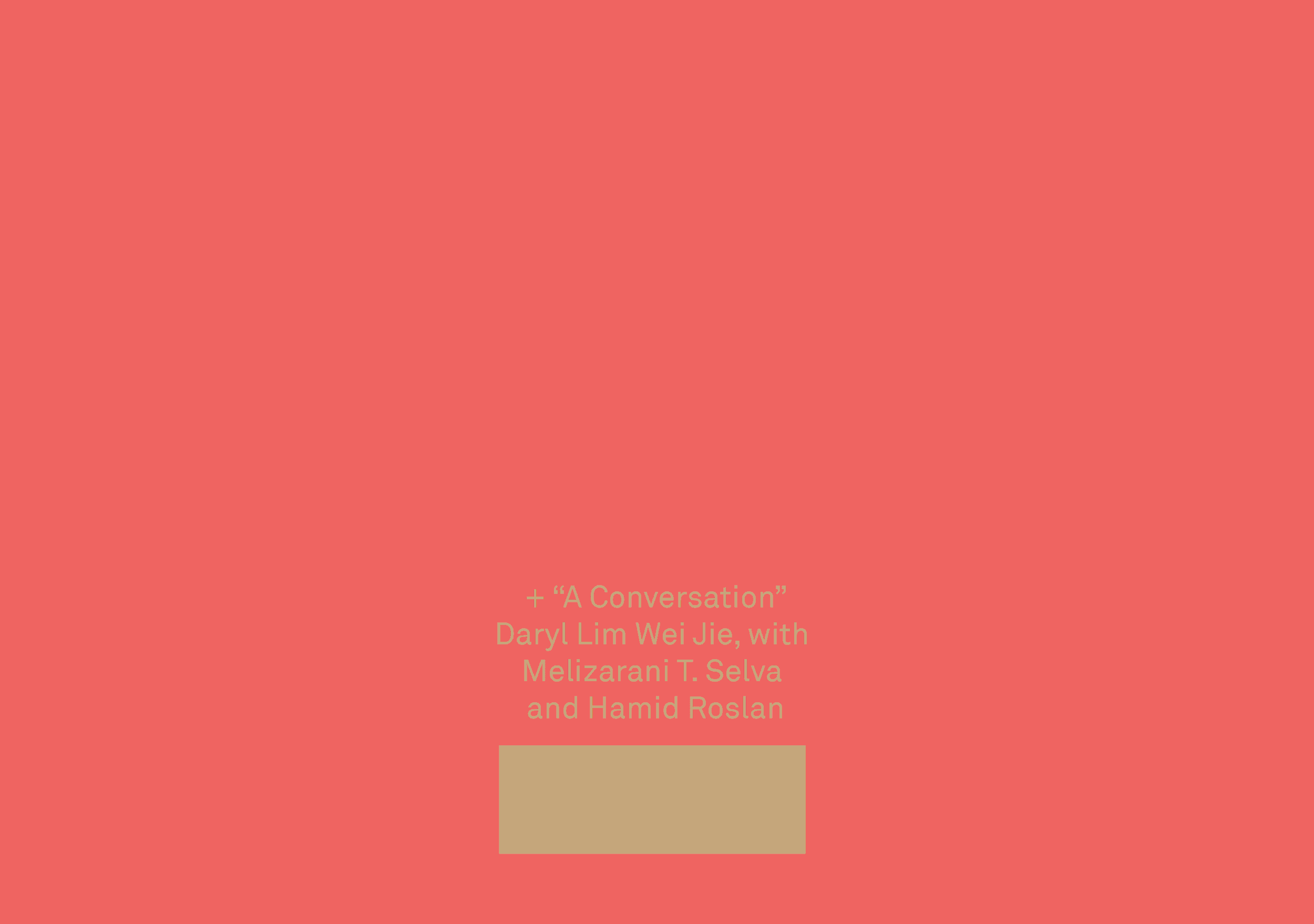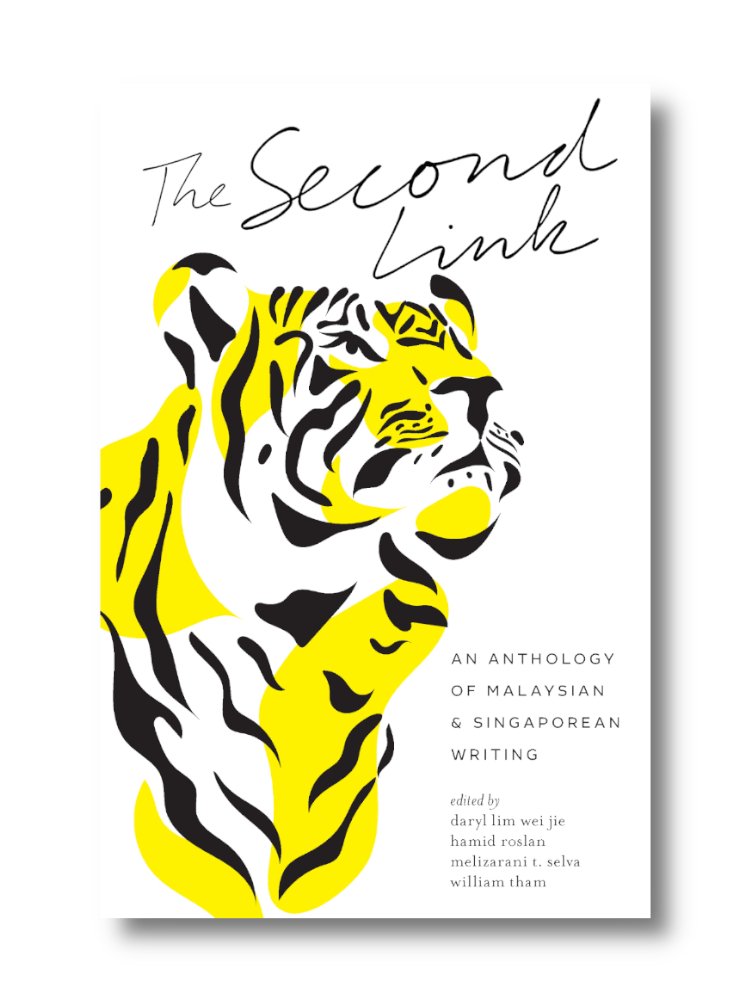+
an anthology edited by
Daryl Lim Wei Jie, Hamid Roslan, Melizarani T. Selva & William Tham
Paperback, 319 pages.
Marshall Cavendish, Singapore.
+
ABOUT THE SECOND LINK: AN ANTHOLOGY OF MALAYSIAN & SINGAPOREAN WRITING (2023)
EDITED BY DARYL LIM WEI JIE, HAMID ROSLAN, MELIZARANI T. SELVA, WILLIAM THAM
2023 marks the 60th year since the formation of the Federation of Malaysia, comprising the Federation of Malaya, Sabah, Sarawak – and Singapore. For Malaysians, 1963 is of profound national significance. For Singaporeans, the more memorable year might be 1965, the year of separation and subsequent independence. Yet for two fateful years, the destinies of the two countries were conjoined. The kinship, affinity – and tensions – are still keenly felt today.
This collection brings together writers from both countries to reflect creatively and critically upon this sense of entwinement – to celebrate, to reflect, and to rue, in the tradition of volumes such as The Second Tongue (ed. Edwin Thumboo, 1976).
+
“The Second Link is a rare and meaningful contribution to the region’s English-literature scene, thanks to its collection of high-calibre essays with experimental short stories and poems.”
— Rex Tan, “‘The Second Link’ re-examines ties between two separated nations”, Free Malaysia Today (5 Nov 2023)
+
“What can writers from two nations – split so far down the phylogenetic tree of history today – say to each other 60 years after a testy political union? The Second Link: An Anthology Of Malaysian & Singaporean Writing – edited by a bilateral team consisting of Daryl Lim Wei Jie, Hamid Roslan, Melizarani T. Selva and William Tham – conducts a referendum of ideas through essays, fables, radio plays, poems and speculative fiction. It holds out the promise of love and literature beyond the nation-state.”
— Shawn Hoo, “The best books of 2023, according to The Straits Times’ writers”, The Straits Times (30 Dec 2023)
+
“[T]he editors compare the anthology to “a tasting experience, where one set of flavours can both complement and challenge the previous and following sets”. The menu they have assembled is as ambitious as it is varied, rich in its influences and inventive enough—by a country mile—to hold any diner’s attention.”
— Theophilus Kwek, “Reunion Dinner: 𝑇ℎ𝑒 𝑆𝑒𝑐𝑜𝑛𝑑 𝐿𝑖𝑛𝑘 Serves Up a Careful Feast”, Cha Journal (14 Oct 2024)
+
“What stands out with this anthology is its broad range. In reading The Second Link, I responded to the editors’ invitation to dip in and out, resulting in an experience of surprises and serendipities not unlike eating a plate of rojak blindfolded. But taking a step back to consider the book in its entirety provided a better appreciation of how the editors’ curation and ordering showcased its diversity in perspectives as well as tones and styles…
there is a crucial seam that runs through this collection of writing: a very human yearning to connect and belong, to feel a sense of togetherness in our separateness without the need to identify with any particular nation-state.”
— Yin F Lim, “Together and Separate”, SUSPECT Journal (8 Nov 2024)
+
“Each text in this anthology brings forth fresh, though complementary, ways of perceiving the embedded, embodied, conflicted relationship between Malaysia and Singapore.”
— Pallavi Narayan, “Affinities and Tensions”, Quarterly Literary Review Singapore (4 Oct 2024)


